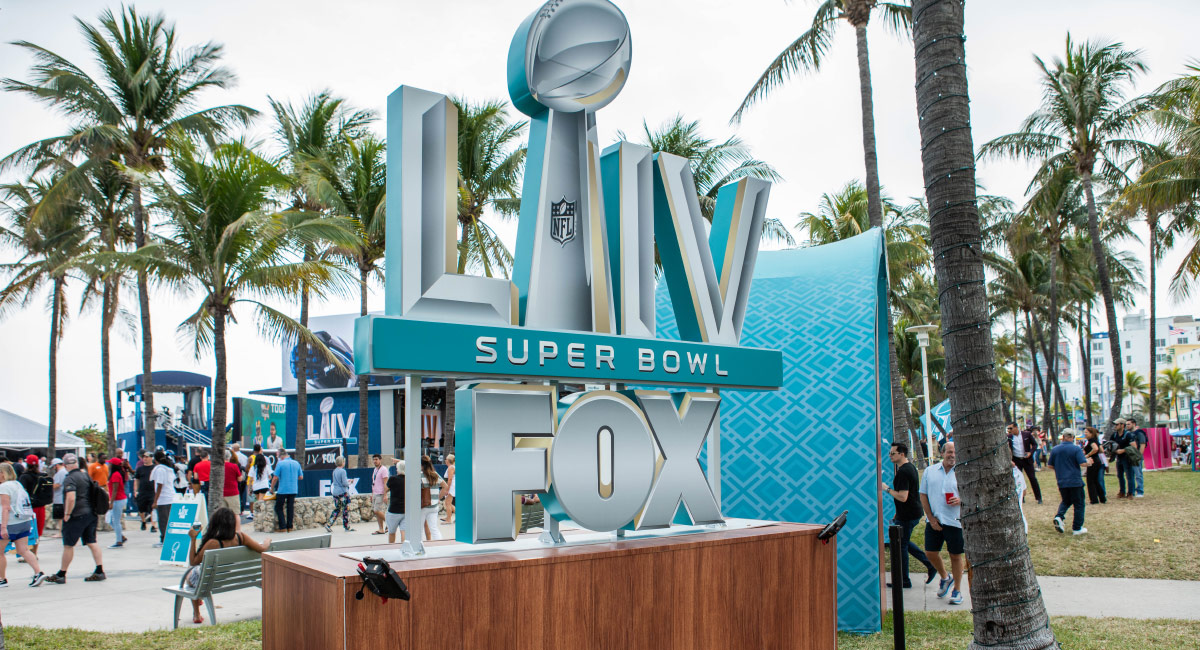The Kansas City Chiefs came from behind to defeat the San Francisco 49ers 31-20 in Super Bowl LIV. The game has been endlessly analyzed but some related economic and social issues could use similar attention. For example, nothing like the college admissions scandal was going on.
Celebrity status might help stars such as Beyoncé and Sir Paul McCartney get into Hard Rock Stadium in Miami, a very tough ticket. On the other hand, no such thing was happening on the field of play.
Nobody starts at quarterback for the Kansas City Chiefs or San Francisco 49ers because their daddy or mommy has a lot of money, owns the team, or holds an executive position in the National Football League. That never happens with any NFL team, and nobody gets on the team due to family connections.
Players make the team based on pure merit, skill and desire. Scouting combines measure players’ speed and strength, so calculation is involved. The player’s college record is also a factor, and nobody plays because their father was an NFL star.
Payton and Eli Manning, both Super Bowl winners, were excellent players, not just sons of NFL quarterback Archie Manning. Patrick Mahomes Sr., father of the Chiefs’ winning quarterback, was a pitcher in major league baseball, a career his son once considered. He opted for football, for which people in Kansas City are grateful.
San Francisco quarterback Jimmy Garoppolo did not start for the 49ers because he was of Italian heritage. He was the quarterback the 49ers wanted, based on his winning record with the New England Patriots.
With personal differences, effort and choice factored in, no team is going to reflect the ethnic breakdown of society at large. The strongest uniting factor is that these talented athletes, capable of excelling in many sports, chose to play football.
In college they risked injury and played for no money, barred by the NCAA from marketing their own name and image. That’s dedication, and the rewards improve in the professional ranks.
Kansas City Chiefs owner Lamar Hunt came up with the “Super Bowl,” concept for the big game between the American and National Football Leagues. Way back in 1970, Hunt’s Chiefs won Super Bowl IV, defeating the favored Minnesota Vikings 23-7, and millions of people wanted to watch the game.
In similar style, countless millions wanted to watch Super Bowl LIV, and that’s why it brought in, as NFL commissioner Roger Goodell said, “easily” more than $1 billion. Unlike college, the players share in the revenues. Every Chiefs player takes home $124,000 and the 49ers $64,000. Every player can market his own name and image.
That revenue is all based on free and voluntary exchange. Nobody has to watch the Super Bowl, but in this case they missed a good show, with conflict and suspense, all backdropped by basic fairness.
Quarterbacks, receivers and running backs may dazzle, but sometimes the key play comes from a defensive lineman who causes a fumble or swats away a pass. The playing field is level and the boundaries clearly marked. The rules are the same for both teams, and the players ultimately determine the outcome.
Some referees’ calls might be disputed but one thing is certain: the game does not continue until the penalty has been marked off. That marks a stark contrast from the world of politics.
Meanwhile, as Rodgers and Hammerstein put it, everything’s up to date in Kansas City. In football, at least, they’ve gone about as far as they can go.








